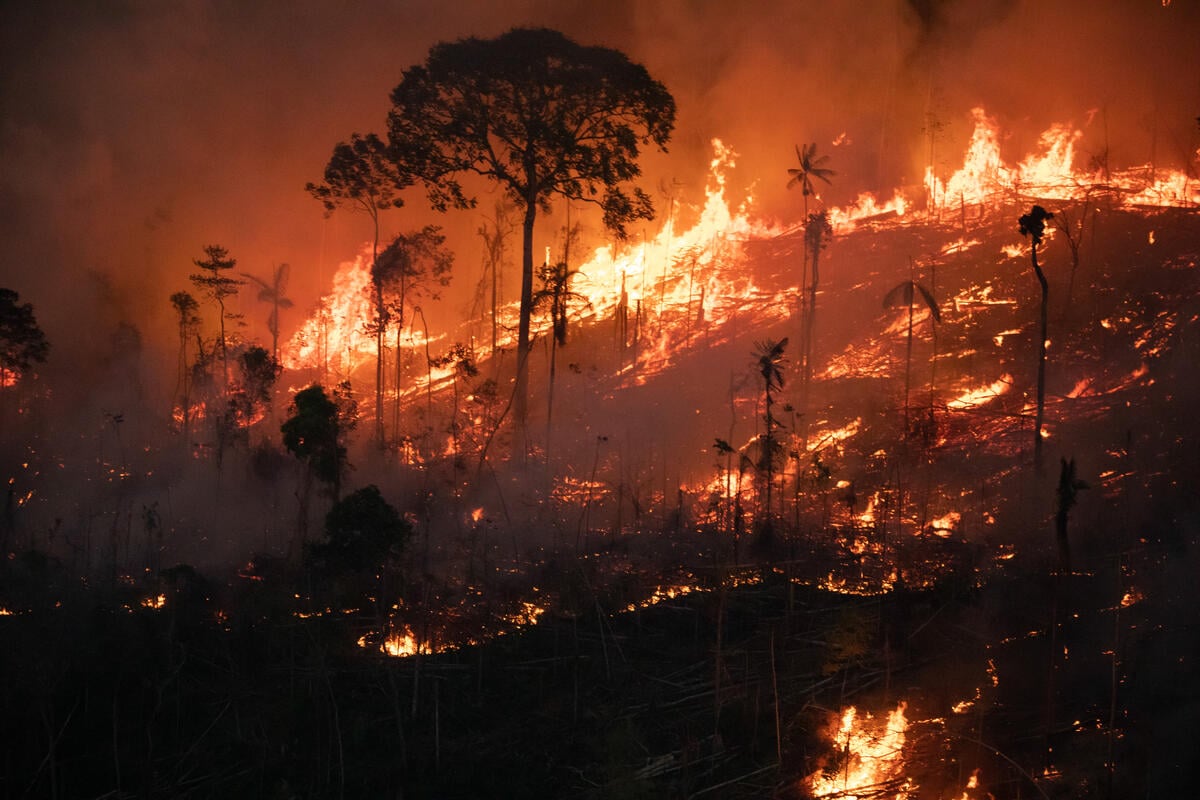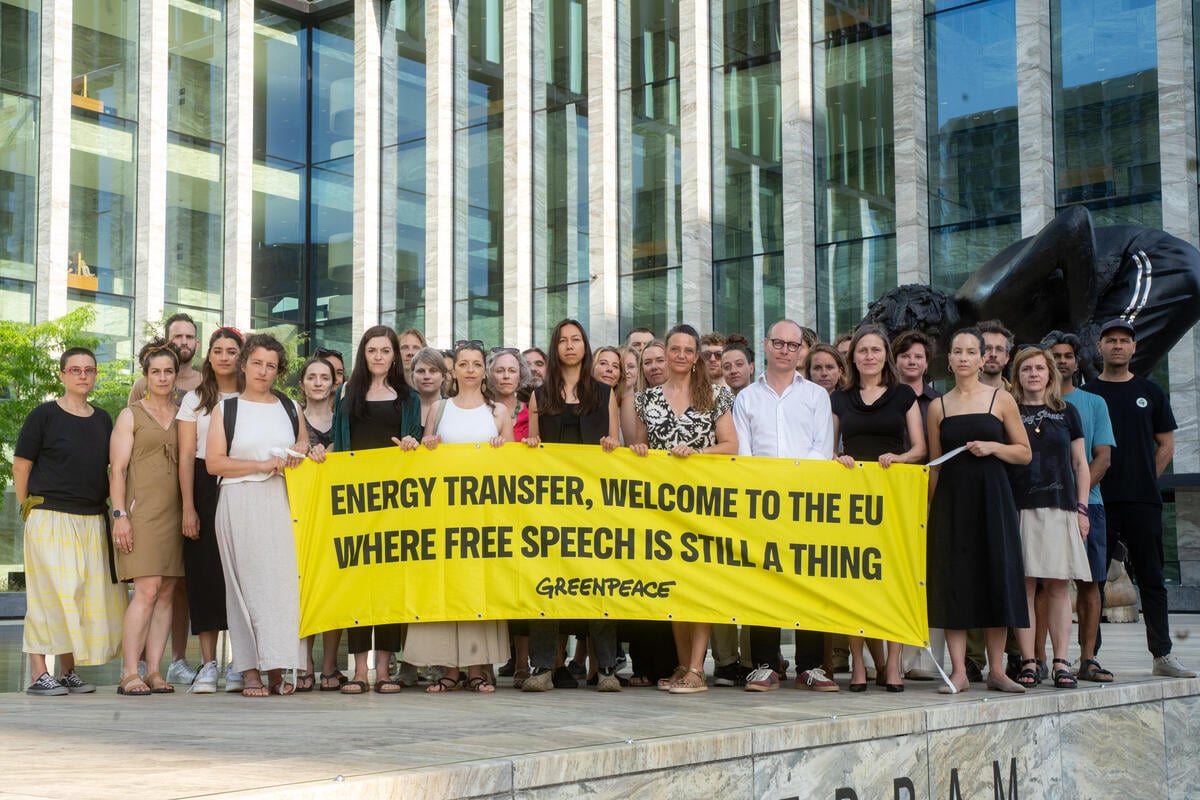The biggest climate conference – the COP – has just finished. Each year it gathers almost all nations to discuss plans and sometimes sign agreements, as happened with the Paris Agreement back in 2015. Although no single event can be a silver bullet, we still had our expectations quite high. At the end of the day, it is the principal global platform to discuss the climate crisis. And this year’s conference was especially important because we are in a state of emergency now.
Earlier this year, the IPCC Report 2021 sounded “code red for humanity,” but nevertheless provided us hope that the 1.5C warming limit is still within reach. However, to make this happen, we need to take immediate, dramatic and consistent actions. Unfortunately, the final document that came out of COP26 – the Glasgow Climate Pact – didn’t quite live up to our expectations.
Real actions vs false solutions to resolve the climate crisis
COP26 was meant to be a turning point bringing us back on track towards limiting the temperature increase to 1.5 degrees. This didn’t happen. This year’s conference ended up delivering more than expected but less than hoped. And here is what happened:
Ending the fossil fuels era
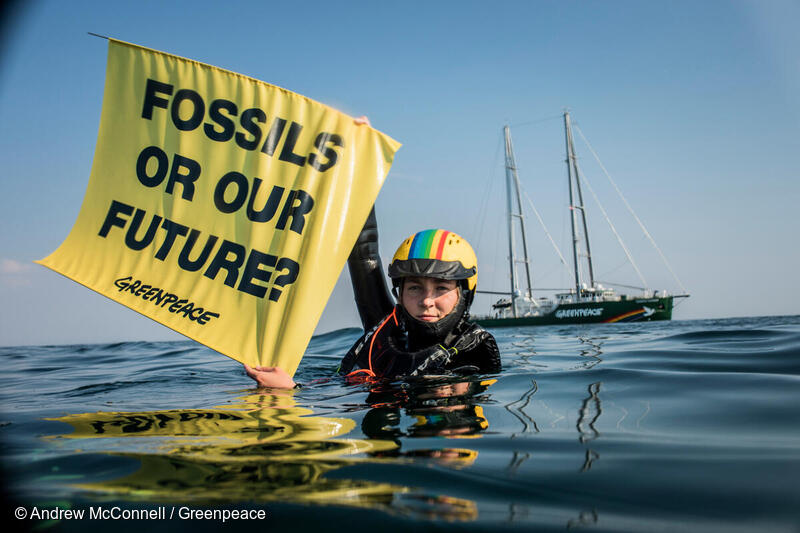
Expectation:
We phase out fossil fuels and commit to halving our emissions by the end of the decade.
Reality:
A call for coal reduction for the first time appears on a COP final text. Is this a positive change? Yes. Is it enough? No.
We still need to halve our global emissions by the end of this decade. Next year, countries will have to meet again to specify how much and by when they will cut emissions. For the Canadian government, this requires a commitment to reducing emissions by 60% and a focus on a just transition.
Showing solidarity to vulnerable communities
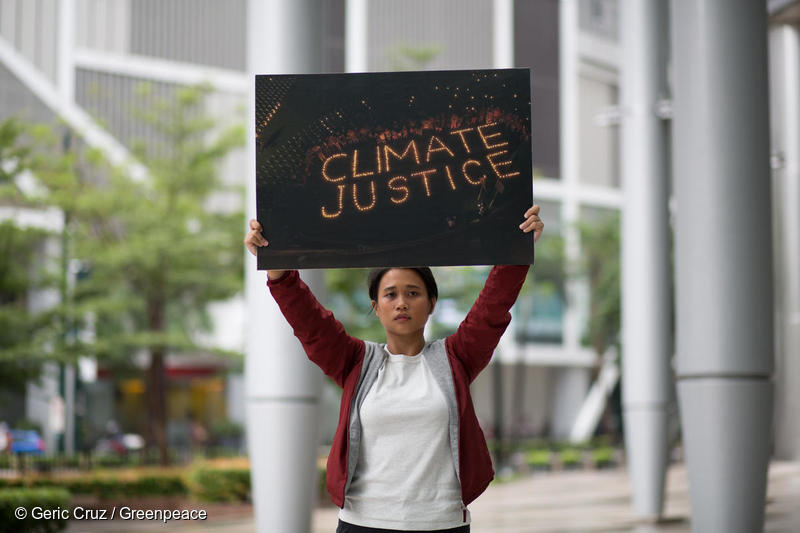
Expectation:
We make amends and share solidarity with the vulnerable communities standing on the frontline of climate impacts.
Reality:
We keep postponing tangible actions, while vulnerable countries are suffering real loss and damage from the climate crisis. The Glasgow Final Climate Pact is nothing close to what’s needed on the ground.
Expectations that COP26 would finally deliver real support for communities needing to recover and rebuild in the aftermath of climate disasters were high but the outcome “is an insult to the millions of people whose lives are being torn apart by the climate crisis”, as said by Teresa Anderson, Climate Policy Coordinator at ActionAid International.
Stop using nature as an excuse to pollute
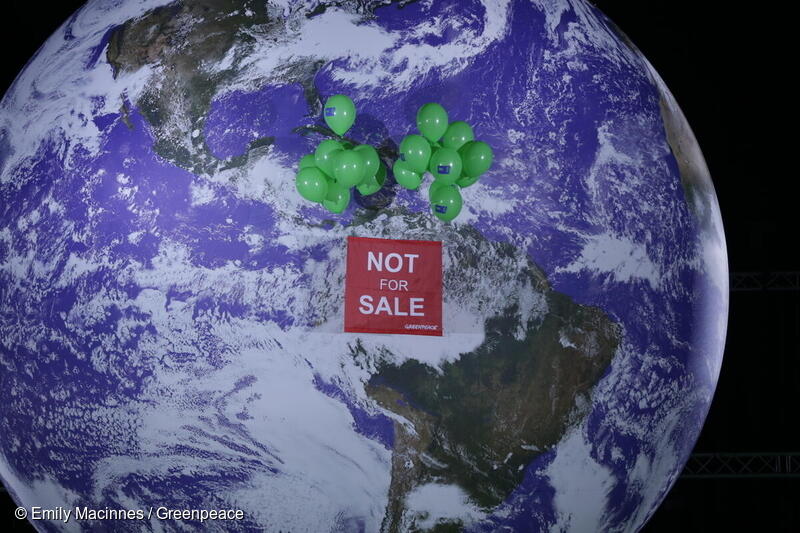
Expectation:
We stop relying on false solutions like offsets which are not an answer to the climate dilemma but free passes allowing big corporations to keep polluting.
Reality:
The offsets scam makes it to the Glasgow Final Climate Pact. Although the UN Secretary-General announced a new Group of Experts to scrutinize the role of offsets, much work still needs to be done to stop the cheating giving big emitters and corporations a pass.
Why is this so wrong? Because “carbon offsetting” is a system where companies and governments get to “fulfill” their climate commitments at the expense of nature. For example, in the case of forests offsets, companies try to balance out numbers by planting new trees while continuing to pollute. Shell’s “Drive carbon neutral” aka marketing trick program is a perfect example of how this scheme works.
Ending deforestation
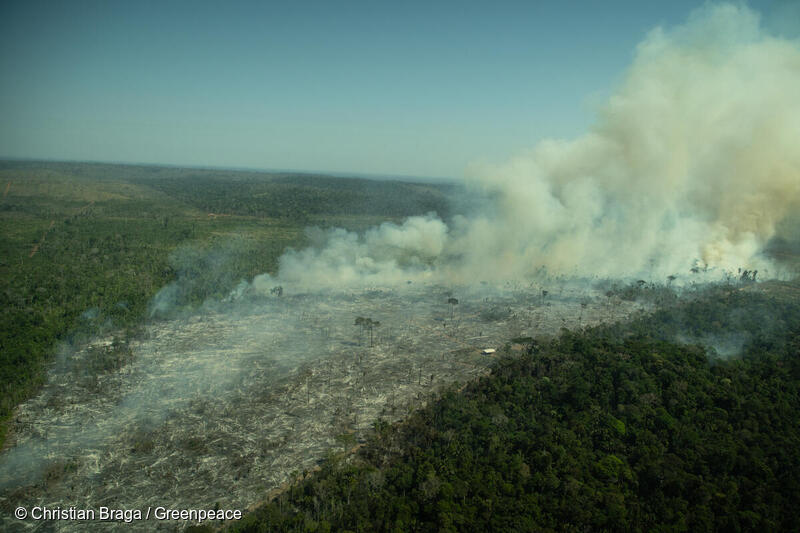
Expectation:
We end deforestation and respect Indigenous Rights.
Reality:
Canada and other governments signed a pledge to end deforestation. But it’s actually a perfect example of why many people have been frustrated this year at the COP – it sounds nice but is entirely non-binding and lacks key protections for Indigenous rights.
And while the Canadian government signed this deal, it’s still negotiating at the same time a deal with Brazil that could actually accelerate deforestation in the Amazon, where far-right President Jair Bolsonaro is slashing environmental protections and ignoring Indigenous rights.
Why are carbon offsets not an option for Canada?
To explain why using Canada’s forests to offset greenhouse gas emissions is bad public policy and won’t take us any closer to achieving our climate targets, Greenpeace Canada made a submission to the Strategic Assessment of Climate Change. Instead of an offsets approach, we argue for rapid emissions reductions and a rights-based approach to protecting and restoring Canada’s struggling forests. We cannot simply offset our way out of our climate commitments. Nature cannot serve as a safety сushion.
First, nature should not be up for sale. The premise is biased: buying up nature to keep on polluting. This approach is not about justice but about business-as-usual. So, to make it fair, the big emitters who got us into this mess should now end their emissions.
Second, our chronic negligence here in Canada has already led to some severe damages, which means that we have turned our forests into net emitters. Let’s keep in mind that forests are our allies in this climate crisis battle but can’t be an excuse to pollute. We urgently need to increase their capacity to sequester carbon from our past emissions, not to enable new ones.
What needs to be done between now and the next COP?
So, it is time for rich countries like Canada, which are historically the most responsible for the mess we’re in to make amends. According to the latest Carbon Brief report, Canada is the tenth biggest polluting country in the world and the first per capita. G-20 countries also account for 80% of total emissions today.
That being said, emissions should be cut at sources, and we should give nature a hand so it can recover. We must improve our biodiversity and ecological integrity so they can become carbon sinks again while respecting that nature – and Indigenous lands – are not just a solution for carbon removal and storage.
We must hold ourselves accountable for the damage already caused and stop expecting nature to pay the price.
COP27 will reconvene next year in Egypt. But it’s not a reason to stay still until then. Conversely, we must continue to mobilize and urgently create irrepressible pressure that finally ends the era of all fossil fuels.

